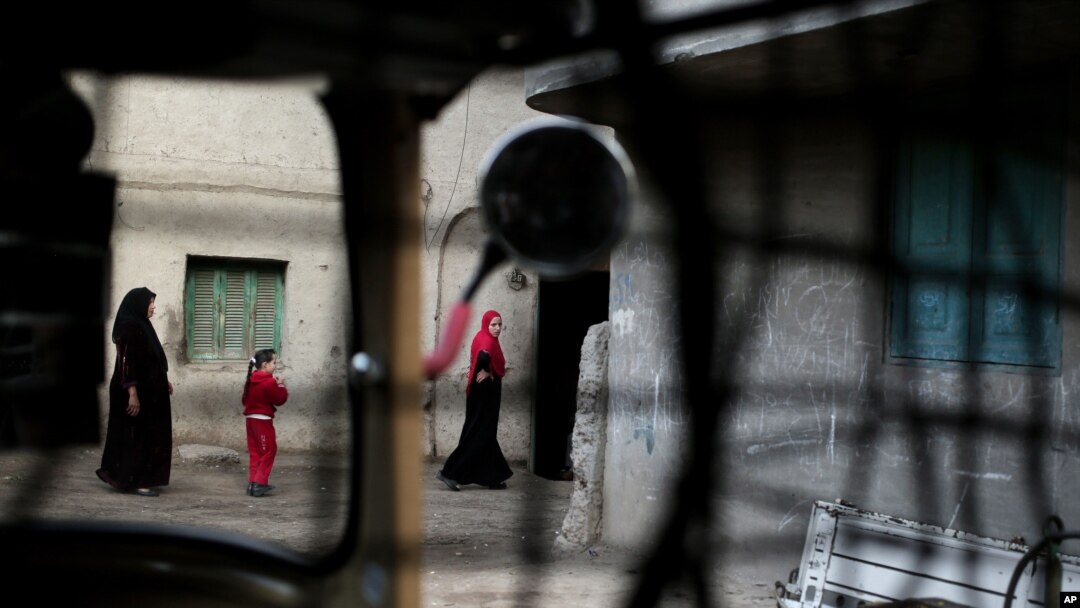A private hospital in Egypt’s coastal Suez province has been shut down after a 17-year-old died while undergoing female circumcision, known also as female genital mutilation, or FGM. The practice is punishable in the north African country by up to two years in prison.
Mayar Mohamed Mousa and her twin sister underwent the surgery at a private hospital in Suez a few days ago. While the other girl survived, Mousa died while under anesthesia.
Lotfi Abdel-Sameeia, a senior Health Ministry official, said an autopsy has been performed to determine the cause of death.
Female circumcision has been banned in Egypt since 2008, but the practice remains widespread.
"We have been vigilant in monitoring for these cases and we have increased our focus; but, we have not seen anything like this in recent months. This is a very dangerous and bad practice that must end,” Abdel-Sameeia told CNN.
The hospital was closed on Monday. Two doctors and the head of the hospital may be prosecuted. Abdel-Sameeia said these medical staffers face allegations of conducting a banned procedure and causing the teen’s death.
The private hospital previously received a handful of warnings due to its poor health record, including its lack of an intensive care unit.
In a statement, the United Nations in Egypt condemned Mousa’s death, adding the organization is committed to “working with Egyptian authorities and society to protect the rights of all girls and women, including against the practice of FGM. There is no moral, religious or health reason to cut or mutilate any girl or woman.”
The U.N. called for current legislation and enforcement of Egyptian laws to be reviewed.
The U.N. reported that 82 percent of female circumcisions are performed by trained medical personnel. Authorities, however, say there is a circumcision tradition among Egyptian society. According to the Egyptian Ministry of Health, women who live in urban settings are less likely to be circumcised than rural women. These numbers are still high, at 86 percent and 95 percent, respectively.
Among the findings from a Ministry of Health report, more than half of the women interviewed believe that circumcision is required by religion. Approximately six in 10 women still think the practice should continue.
Female genital mutilation is a practice believed to “calm” and “purify” the woman, but critics say it causes health and psychological problems.
Vivian Fouad, the head of a Health Ministry program to combat female genital mutilation, described the teenager's death as a crime committed by doctors.
Since the 2008 ban, only one doctor has been convicted on charges related to the practice. The doctor was sentenced to two years in prison, and Fouad said the sentencing had served as “deterrence.”


